A condominium in downtown San Francisco sold for half the amount the previous homeowner paid for it back in 2019.
The two-bedroom, two-bath condo on Market Street saw its value plummet as problems in the city worsened.
A New Kind of Housing Crisis

While San Francisco used to be a hub of prosperity, making it one of the most overvalued metropolitan areas in the country, housing prices have dropped dramatically.
This is a result of several factors coming into play to correct the housing market crisis that California found itself in.
Prices Plummet in Some Cities

The red hot California real-estate market has finally cooled down.
Unfortunately, the reduction in home price means that many sellers have slashed the price on their homes by as much as 40% in an attempt to unload their property.
Sold For Less Than Asking

The condo was listed on Zillow for sale on January 18. Located near the heart of San Francisco, the unit should have sold well over its 2019 asking price of $1.25 million.
After sitting for months on the market at half its original price, the unit sold in early April for $675,000, almost $15,000 under the asking price.
California Housing Market Rocks

This isn’t an isolated issue that plagued California. From the uber-rich like Kylie Jenner (who is struggling to sell her $21.9 million home) to the home-owning class, California’s housing market has been rocked, especially in San Francisco.
On average, the typical homeowner in San Francisco sold their home for $155,500 less than they bought it for.
Californians Take the Loss

Nearly 20 percent of home sellers in San Francisco are taking losses on their sales, which is four times more than home sellers at the national level (via Newsweek).
The problem is that prices have gone back to normal after skyrocketing during the booming years of the pandemic.
San Francisco Is Becoming Less Desirable

In one shocking example, a home in Oakland, California, just outside of tech-hub San Francisco, experienced a depreciation of almost one and a half million dollars.
As reported by Newsweek, a home in the Bay Area went from $4.1 million in March of 2022 to being sold for $2.55 million in present day.
Reductions in Some Places Aren’t Working

Although the beautiful home had a reduction of more than $1.5 million, it has still been sitting on the market without much interest.
A real estate agent in the area, Matt Castillo, noted that the house has been on sale for more than 60 days despite the dramatic price cut.
Interest Rates Have Slowed Down Home Buying
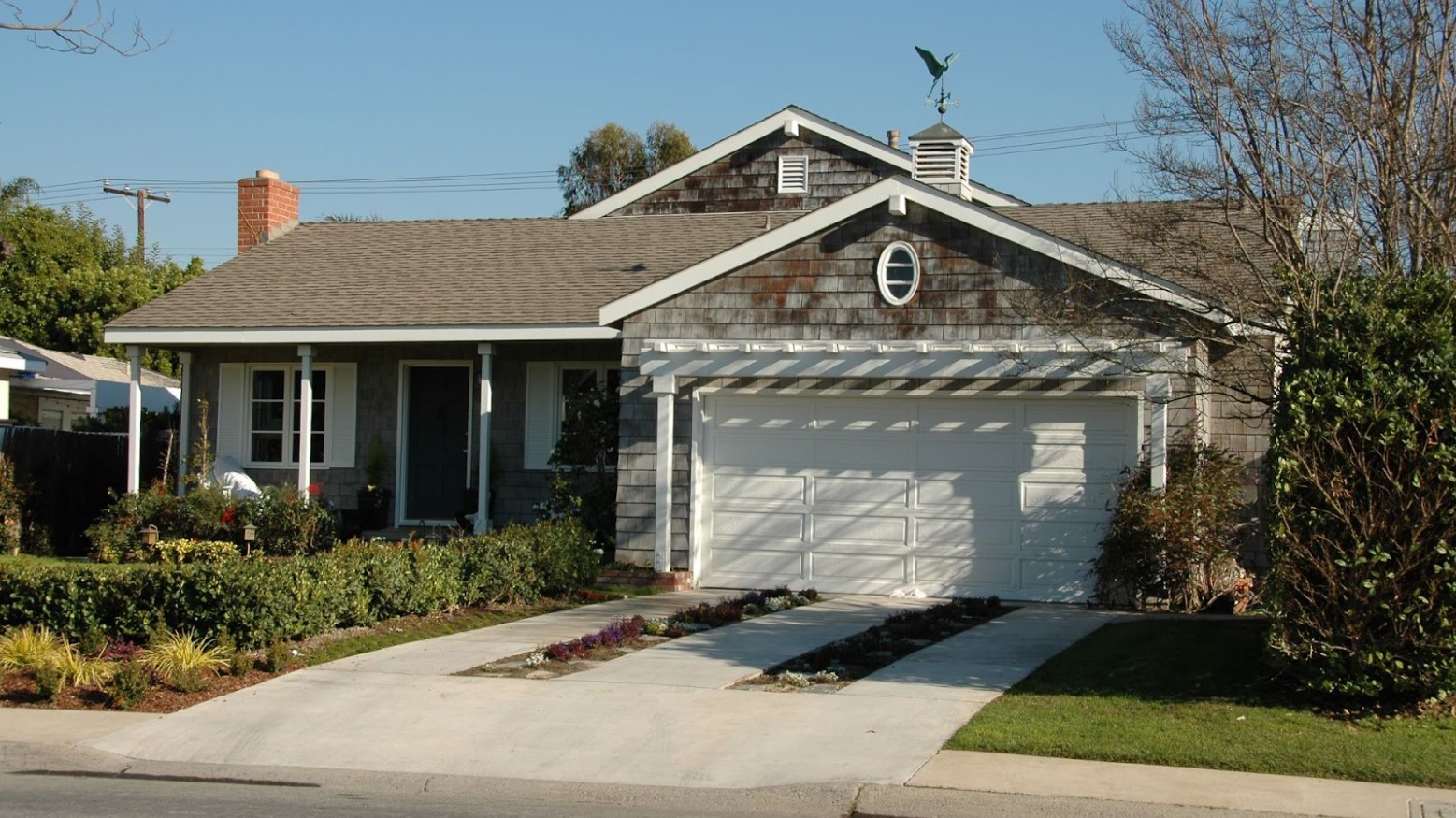
As with many areas in the nation, California has felt the heat of the interest rate hikes over the past year.
With lenders increasing the average mortgage to 6% or 7% interest, many new buyers simply can’t afford to enter the market.
Real Estate Agents Going out of Business
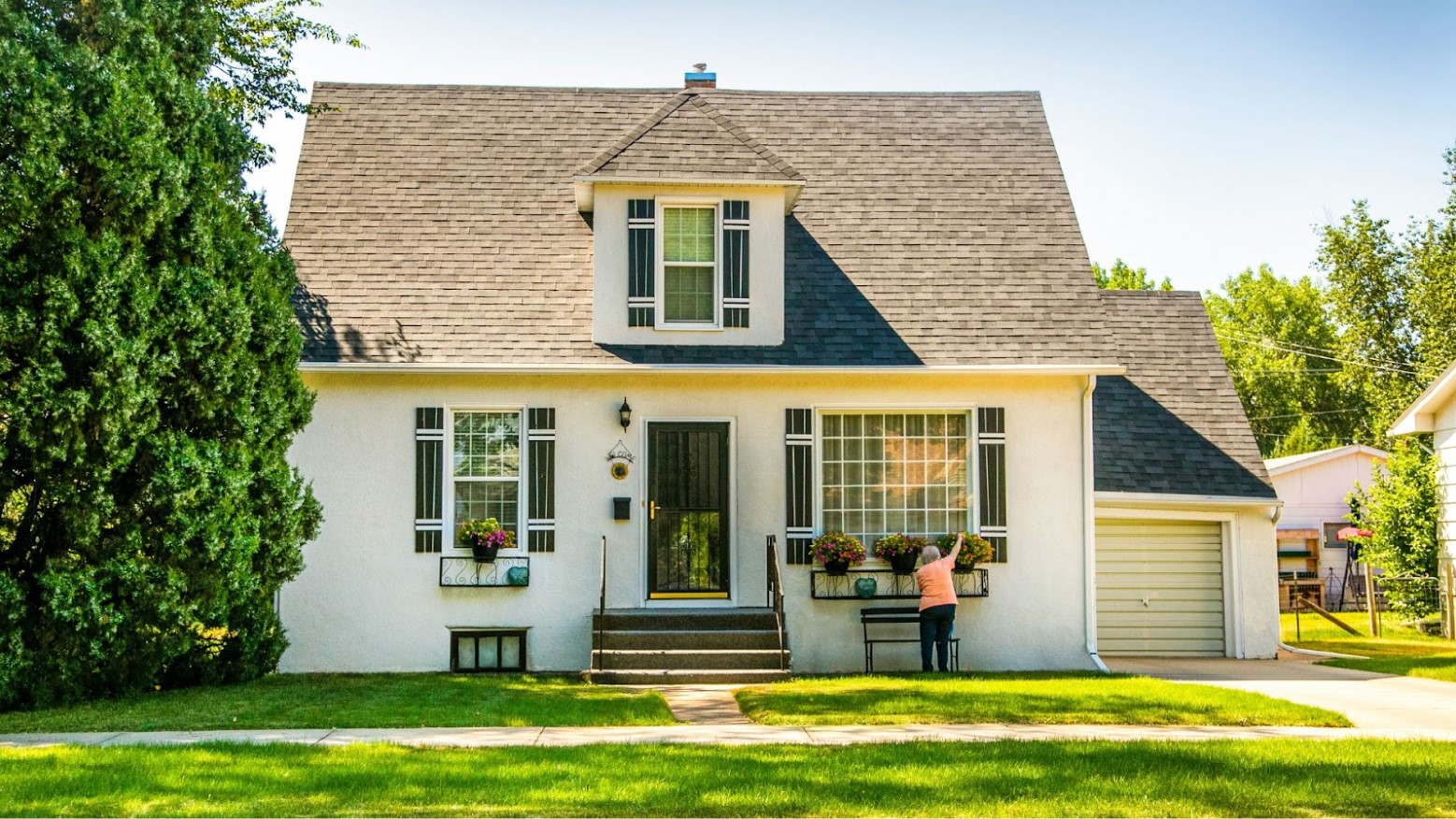
California has the third-highest number of realtors in the U.S. They sit just behind Florida and Texas: two states that also share the same real estate frenzy.
Due to the dramatic reduction in home buyers in the past year, many agents have had to hang up their hats or close their practice altogether.
Property Tax Rates Are Also to Blame

Another common bill for homeowners has drastically changed the ability for many people to continue to afford their house: property taxes.
In the past year alone, the average property tax bill has skyrocketed 125.3%. The average bill in 2022 was $26,319. Today, that bill sits at a staggering $59,307.
The Tech Sector Has Played Its Part in the Reduction

While many tech companies used to call San Francisco and the Bay Area home, many have left the state or shuttered their doors completely.
Companies have also been affected by the rise of A.I programs. This tool has made many jobs in the tech space obsolete.
San Francisco’s Ghostown

Downtown San Francisco has taken the biggest hit from this ongoing correction, which might feel like an over-correction as many people are taking losses on their home sales and businesses close their doors.
The massive office vacancy rate and the rise in retail theft have left the downtown area feeling more like a ghost town than a thriving city.
The Loss of Major Stores

Adding to the city’s haunt is the absence of a major mall: Westfield Mall. The mall, which sat near the heart of Downtown San Francisco, closed the shopping center due to several factors.
Among these factors included the loss of sales as inflation increased, the loss of foot traffic as many moved out of the city, and an increase in crime in the area.
Laws, Costs, and Permits Discourage New Builds

Another contributor to the high home prices in California is a direct result of the regulations the state has put in place that make building new homes a slow and expensive process.
These laws discourage developers from building new projects that could help lower the prices of homes in the state.
High Demand Still Exists in California

Despite the recent drop in home prices across the Golden State, California’s home prices are still high due to a lack of inventory.
This high demand will forever keep home prices high and out of reach for most Californian residents.
California’s Home Prices Are Still Historically High
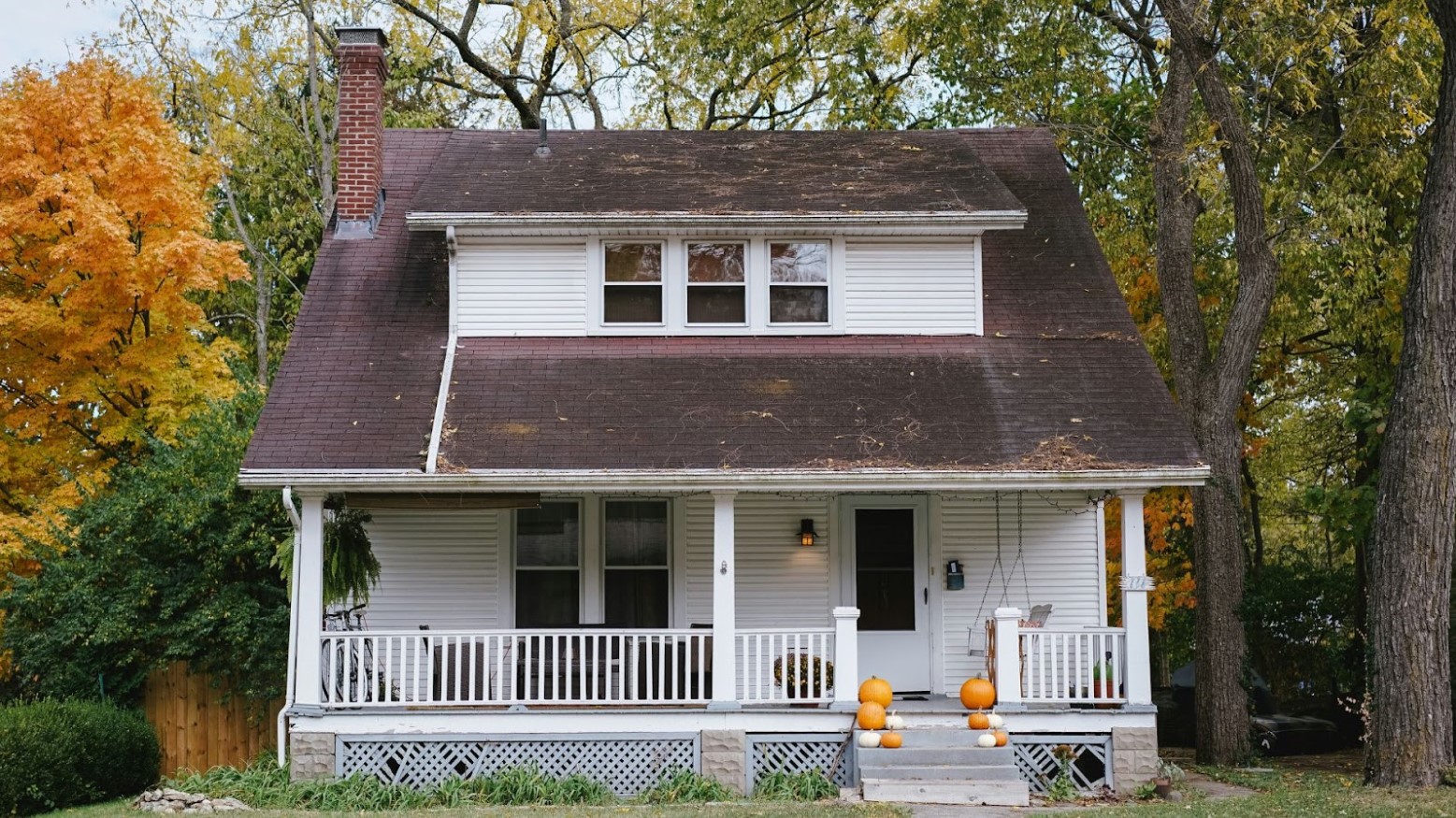
While the recent changes in property ownership has slowed down the market and caused some home sellers to take a loss, the state still has record high prices on houses.
During an average year, the home price in California still rises about 5.6%.
How the Housing Crisis Affects Sales
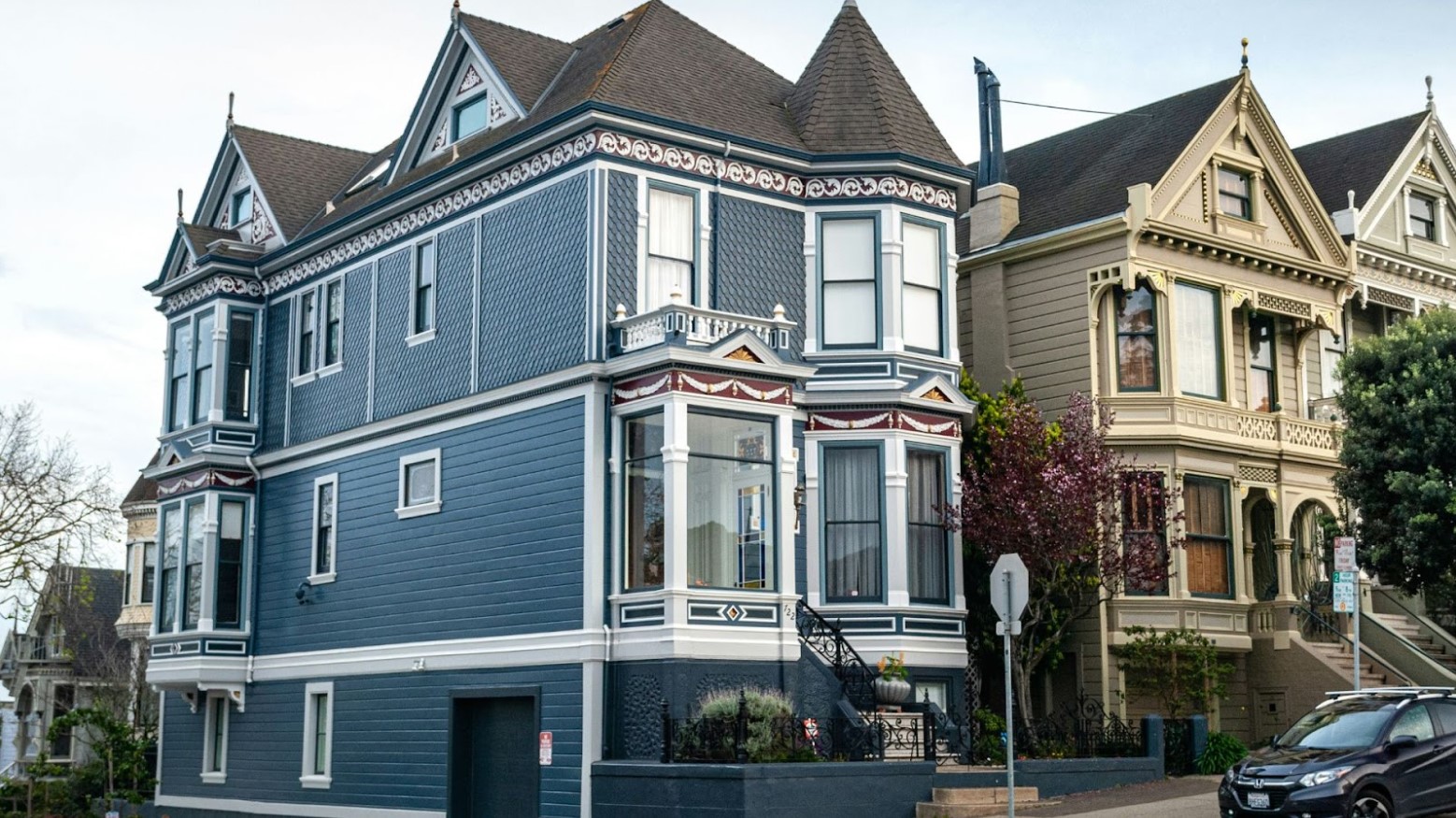
Due to the fact that there is a major housing shortage all around the United States, homes are still selling, even when prices remain unaffordable.
People seem to re-shuffle themselves according to where they can afford to live and what they can afford to buy. The changes mean that only the people who can afford to buy homes in California will end up there, while locals will be priced out.
How Did Housing Prices in California Get So High?

Houses in California became unaffordable for several reasons, but the most glaring one was the supply-demand.
In the Golden State, there just are not enough houses to keep up with the demand of people who want to own one. Now, the only people who can afford homes are leaving the state and houses are sitting empty.
“Danger Zones” Making Homeownership Too Risky

Even if residents were able to find affordable housing, there is a chance that these homes are in “danger zones,” which means they are susceptible to flooding or fires.
As more and more insurers leave the state, homeowners are left without protection from the seasonal dangers that consistently happen. This makes the expense of homeownership even more impossible for some.
Affordable Housing Is Growing too Slowly

In many states, building affordable housing for families is one of the top priorities.
California still seems to lag behind in this respect. They plan on building only 106,000 new homes in the coming year. But this number is not enough to keep up with the population increases.
The Best Time to Buy for Motivated Buyers

For anyone in the financial position to buy a home in the Golden State, now is the time.
With house prices being slashed more by the day, sellers will start to become desperate to get the home off their hands.
The Market Is Expected to Bounce Back in 2024
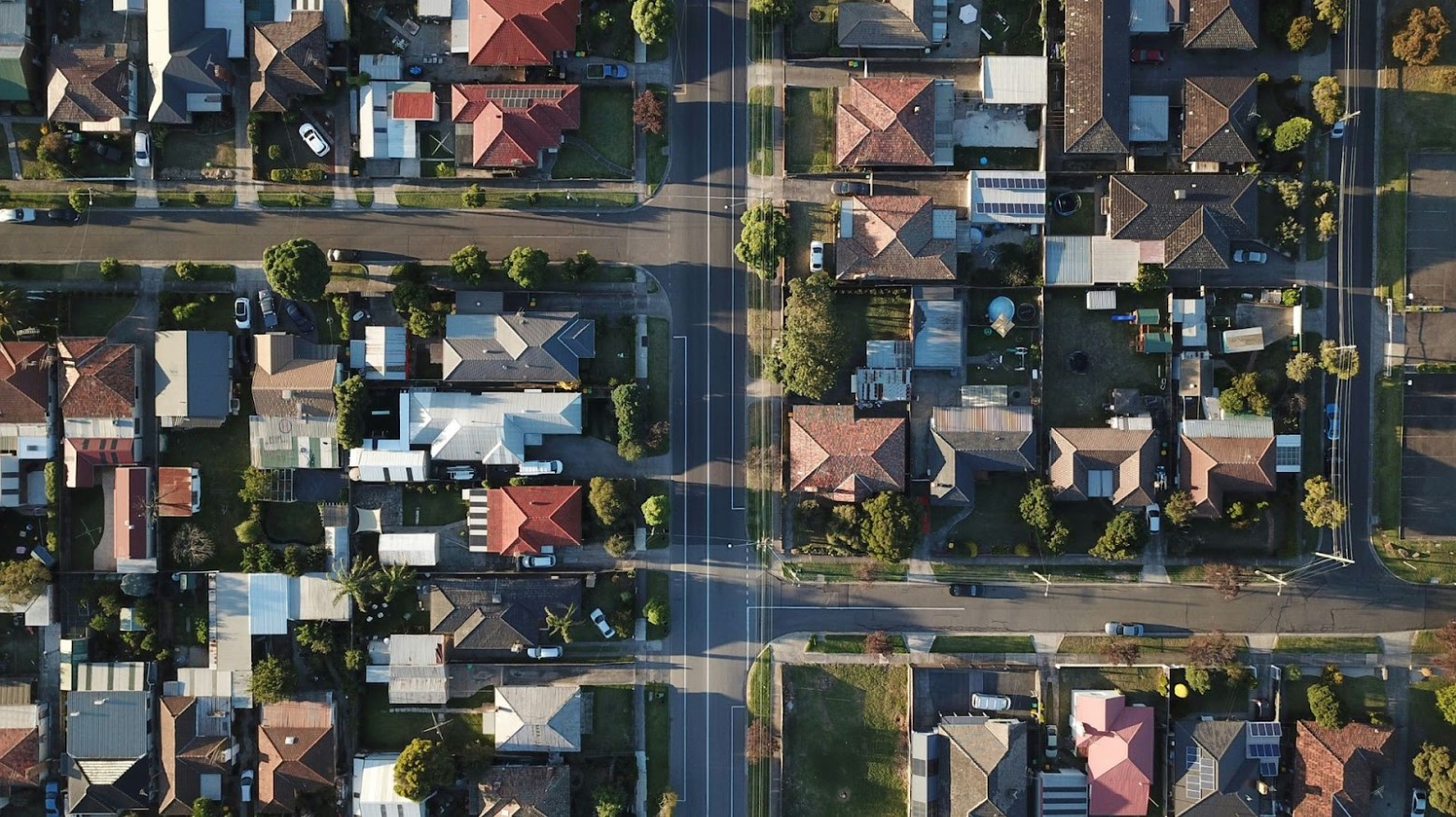
Although the initial slump has caused a lot of fear for homeowners in the first portion of the year, the rest of 2024 will look different.
The small amount of inventory will be the driving force keeping the market competitive.
You May Never Own a Home in California

While prices in the Golden State seem to be going down, it is unlikely that homeownership is still in the cards for the modest middle-class couple or family.
Again, there are ways to own a home in California, but many people choose to live elsewhere in the U.S. where taxes and risks are much, much lower.
